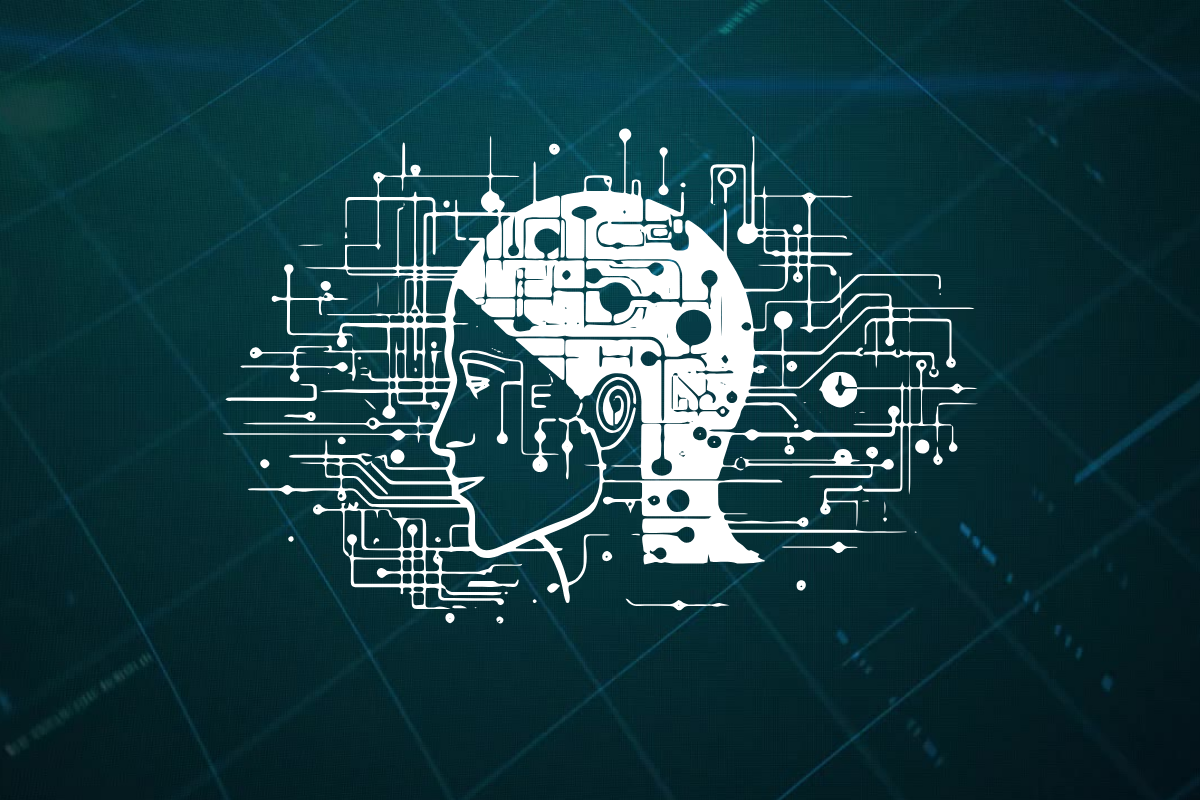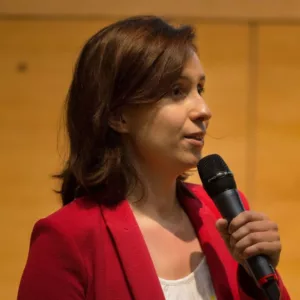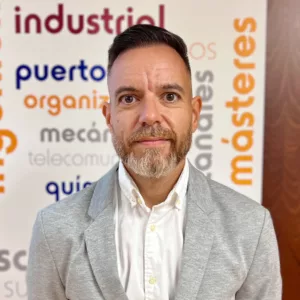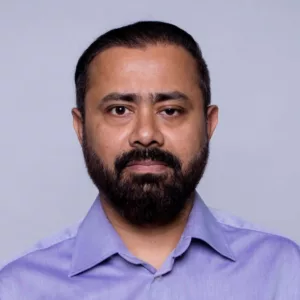European Researchers‘ Night 2023


Like every September, Ulysseus is joining once more the European Researchers‘ Night. This is a public event celebrated across Europe where a wealth of experts bring science to the wider public in a fun and inspiring ways.
The European Researchers‘ Night aims to bring science and scientists closer to the public, promotes excellent research projects across Europe and beyond, fosters the the interest of young people in science and research careers and showcases the impact of what researchers do on everyone’s lives.
This year, Ulysseus has chosen Artificial Intelligence as the core theme to disseminate. For this occasion, four experts of four partner universities respond to key questions related to how artificial intelligence is bringing benefits to our day-to-day lives as citizens.
Watch our panel of experts explain in a very simple way the benefits that AI is already bringing to all.
Interviews will be published on Friday 29 September throughout the day in Ulysseus YouTube channel, its social media channels (Linkedin, X, Instagram and Facebook) and also on this web page.
Watch out for this content! Because science is for everyone!

Friday, 29 September at 10.00am (ECT)
At this interview, Stephan Schlögl, Professor of Human-Centered Computing at MCI | The Entrepreneurial School, addresses the question „How can AI help companies become more sustainable?“
Friday, 29 September at 12.00am (ECT)
At this interview, Stephanie Lopez, Data Scientist and Principal investigator of LungScreenAI at Université Côte d’Azur, addresses the question „Does AI help detect early stages of any medical condition and how is this possible?“.
Friday, 29 September at 16.00am (ECT)
In this interview, Javier Pino Lucena, Associate Professor at the University of Seville addresses the question „How can AI enhance the day-to-day life of citizens in smart cities?“
Friday, 29 September at 18.00am (ECT)
In this interview, Umair Ali Khan, senior researcher of Haaga-Helia University of Applied Sciences, addresses the question „Can AI help personalize the students‘ education?

Professor of Human-Centered Computing at MCI | The Entrepreneurial School, Austria
He holds an MSc in Human-Computer Interaction from University College London and a PhD in Computer Science from Trinity College Dublin. His main research focuses on natural language based human-computer interfaces. In his doctoral research, he investigated Wizard of Oz prototyping as a design and research instrument. This work was continued through a post-doctoral position at Institute Mines Télécom, Télécom ParisTech. There, Dr. Schlögl was involved in the development of an adaptive communication interface to support simple and efficient interaction with elderly users. This task included the investigation of people interacting with voice-based natural language user interfaces as well as the early-stage prototyping of these interfaces. In November 2013, Dr. Schlögl joined the MCI as a faculty member. Next to his research, he now teaches courses in Human-Computer Interaction, Software Engineering, Business Analytics, Artificial Intelligence and Research Methods. He has also co-authored more than 100 international research papers.

Data Scientist and Principal investigator of LungScreenAI at Université Côte d’Azur, France.
Stephanie Lopez, Ph.D. in computer sciences (Artificial Intelligence), has been leading the LungScreenAI project in collaboration with radiologists since 2018. Her work began with identifying their specific needs and crafting a suitable AI strategy. With promising results from her proof-of-concept, she secured additional funding, including support from AstraZeneca, to take the project forward.
Over the past six years, Stephanie has built a team to integrate the AI application into a visualization tool, providing feedback from radiologists. She also tackled regulatory requirements for accessing hospital data, ensuring the AI system’s robustness. These efforts have culminated in the integration of LungScreenAI into an upcoming clinical trial at the University Hospital of Nice, in southern France.
Beyond technical contributions, Stephanie is actively exploring industrial applications of her project, illustrating AI’s potential in healtcare improvement and underlining her commitment to its growth and impact. She is also committed to popularising science and promoting women in data science (WiMLDS).

Associate professor at the Energy Engineering Department of the University of Seville, Spain
His work focuses on the integration of renewable energies to supply energy demands in the form of heat and electricity, both in buildings and in industry. Within this topic, the professor has led 3 research projects and has more than 10 publications in high-impact journals.
Another line of work is the use of hydrogen as an energy vector, focusing its research on the production of hydrogen from renewable energies, mainly wind energy, and the use of hydrogen as an energy storage system to supply demands in buildings and transport. He has been part of several committees in the International Energy Agency related to hydrogen technology.
With respect to teaching, he has more than 18 years of teaching experience, focusing on: heat transfer, thermal engineering, the use of solar energy in buildings and hydrogen technology.

Senior Researcher at Haaga-Helia University of Applied Sciences, Helsinki, Finland.
He has held several academic and research positions in Austria, Germany, and Pakistan. In his current role, he is engaged in research and development in diverse projects focused on enhancing AI understanding, accelerating AI adoption across sections in Finland, and digital transformation facilitation with AI. His focus areas encompass generative AI in education, improved human-computer interaction, and ethical and responsible AI systems. Additionally, he also contributes as an AI consultant for the Finnish AI Region (FAIR) project, guiding SMEs and startups in their journey towards digitalization and AI implementation.

COMPASS: Leading Ulysseus to become a European University excellence model through Research and Innovation” is a Horizon 2020 project of Ulysseus and the flagship for its R&I agenda and strategy.
COMPASS has received funding from the European Union’s Horizon 2020 research and innovation programme under the grant agreement No 101035809. The views and opinions expressed in this communication are the sole responsibility of the authors and do not necessarily reflect the views of the European Commission.